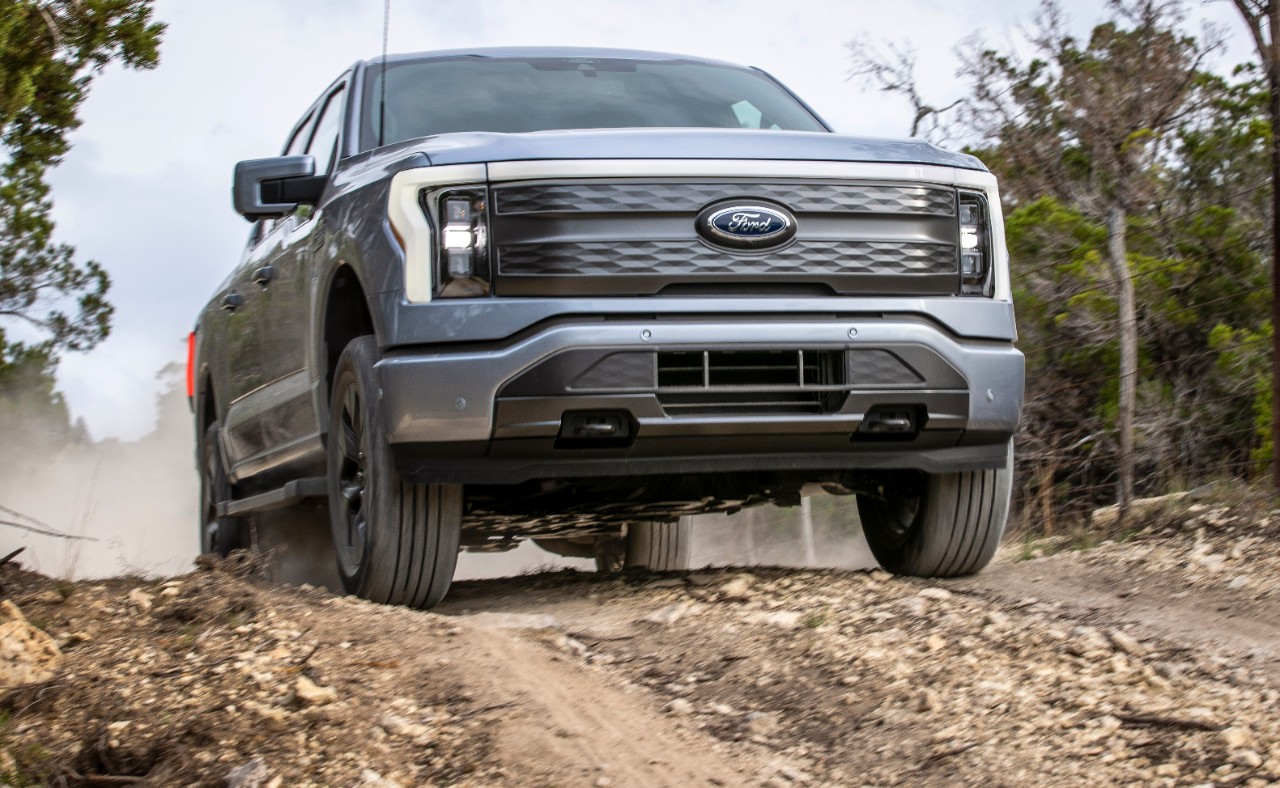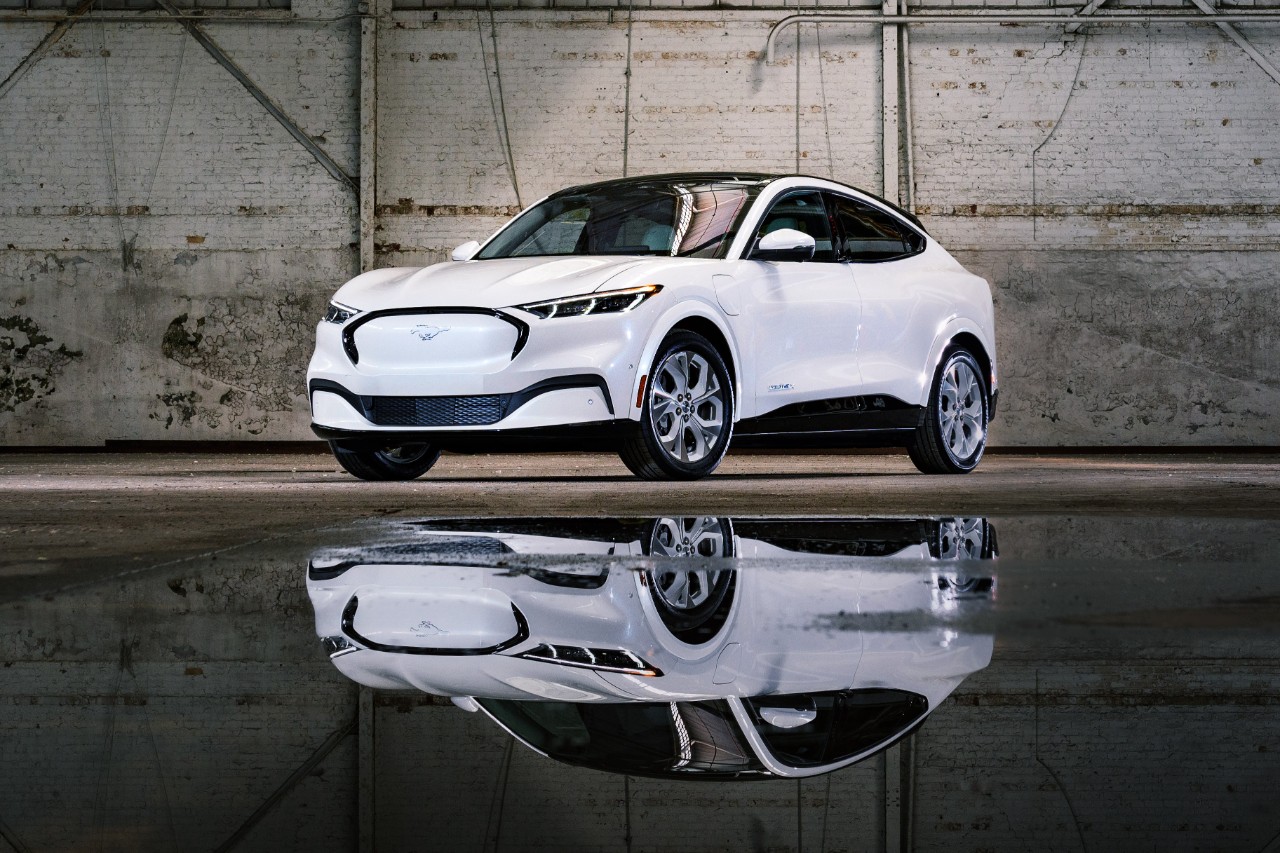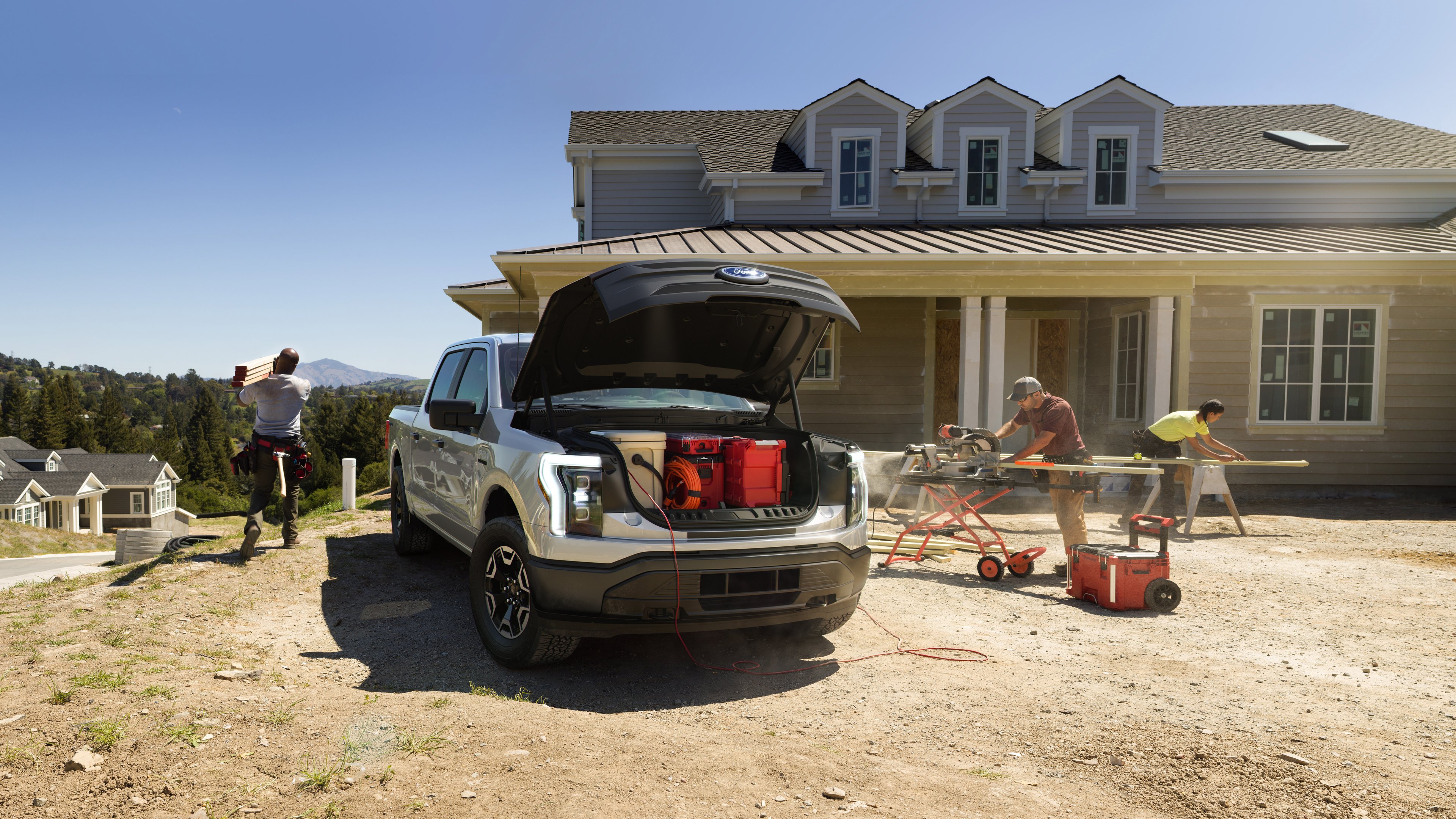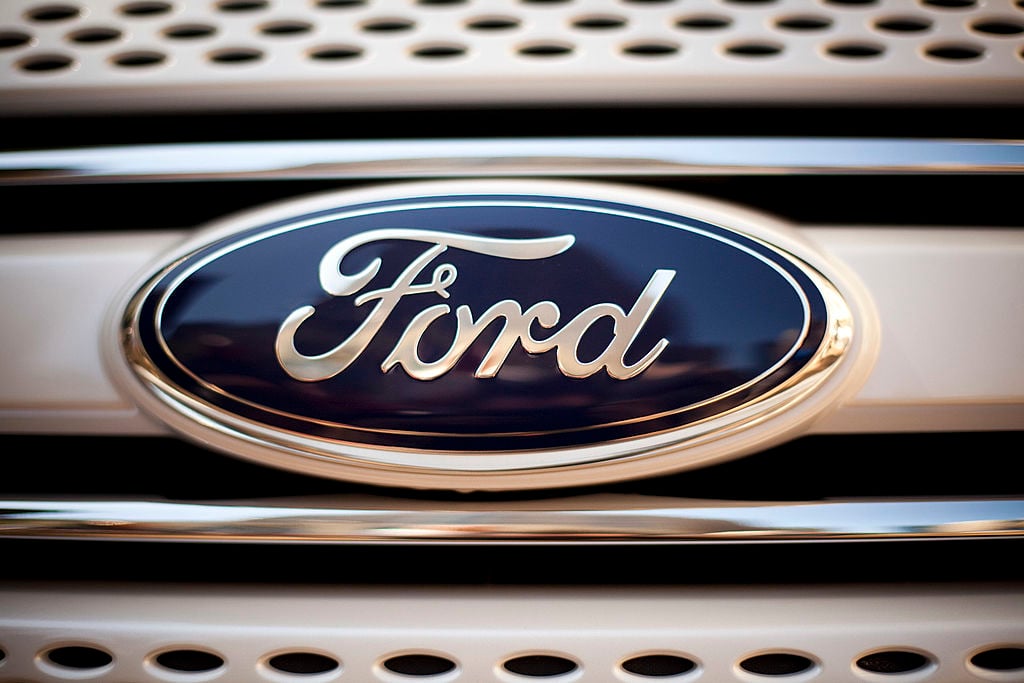
In addition to its investment in sensor maker Velodyne, Ford announced a big expansion of its Palo Alto research center on Tuesday. Image source: Ford Motor Company.
Ford Motor Company (F 0.32%) says it will double down on its research center in Silicon Valley -- and it has joined Chinese search-engine giant Baidu (BIDU 2.02%) in taking a stake in a company that makes sensors important to self-driving cars.
What Ford said
The Blue Oval said on Tuesday that it will expand its Palo Alto research center, adding two new buildings and doubling the employee count at the facility from 130 employees now to 260 by the end of next year.
Also on Tuesday, Silicon Valley sensor company Velodyne LiDAR announced that it had completed an investment round in which Ford and Baidu each invested $75 million. The investment will be used to make the company's sensors cheaper to manufacture, which it hopes will accelerate the adoption of self-driving technology. Like Ford, Baidu is developing self-driving technology that uses Velodyne's sensors.
Why the Velodyne investment is a significant move for Ford
Velodyne specializes in "LiDAR" sensors, for "Light Detection and Ranging." LiDAR is a sensor technology that uses invisible lasers to construct highly detailed maps of a vehicle's surroundings. It's expected to be an essential component of the sensor systems that will be used in fully autonomous cars. But until recently, the sensors were too expensive to be used in mass-market vehicles.
That's changing. Velodyne has developed a series of small LiDAR sensors it thinks it will be able to mass-produce affordably. (CEO Mark Fields showed off one of the compact Velodyne sensors at the Consumer Electronics Show in January.) It refers to the small sensors as "pucks," a clue to their size and shape.

Velodyne's VLP-32A "ULTRA Puck" sensor, named for its hockey-puck-like shape and size, is a small LiDAR sensor developed with automotive mass production in mind. Image source: Velodyne.
Velodyne expects that this latest investment will help accelerate its efforts to lower production costs. "This investment will accelerate the cost reduction and scaling of Velodyne's industry-leading LiDAR sensors, making them widely accessible and enabling mass deployment of fully autonomous vehicles," Velodyne CEO David Hall said in a statement. "We are determined to help improve the goal of safety for automotive vehicles as soon as possible, as well as empower the efficiency autonomous systems offer."
As for Ford, it's another sign that the company is aggressively pursuing self-driving technology for the mass market. "From the very beginning of our autonomous vehicle program, we saw LiDAR as key enabler due to its sensing capabilities and how it complements radar and cameras," Ford global product chief Raj Nair said in a statement. "Ford has a long-standing relationship with Velodyne and our investment is a clear sign of our commitment to making autonomous vehicles available for consumers around the world."
The investment is also a way for Ford to show investors and analysts that it's backing up its stated plans to transform into an "automotive and mobility company." Old rival General Motors (GM +0.70%) has impressed analysts in recent months with its very visible commitment to bringing self-driving technology to market. GM put $500 million into the ride-hailing company Lyft and acquired a San Francisco start-up (Cruise Automation) with expertise in self-driving technology.
Ford's Palo Alto facility is focused on self-driving tech
Ford's move to expand its Palo Alto research center is also significant. Over the last year, the center has become a key hub of Ford's efforts to develop self-driving technology. The company received a permit from the state of California late last year that allows it to test its prototype self-driving cars on public roads.
Ford sees its Palo Alto facility as critical to its ongoing high-tech transformation. "We really want to be a part of the [Silicon Valley tech] community," Fields said when the center was first opened last year. "We view ourselves both as an automotive company and a mobility company."
What's next: More self-driving news from Ford?
There may be more news to come from Ford on Tuesday. Fields and Nair are scheduled to give a presentation at the Palo Alto center later today. It's expected that they will provide more details on Ford's ongoing self-driving research and development efforts -- including, possibly, a date when Ford will bring the technology to market.








